When Hadi Birajakli, a Syrian multidisciplinary artist now based in Cairo, began writing his latest song Safer (2025), one word came to him first: safer, Arabic for “to travel.” But for Birajakli, who left Syria for Cairo in 2012 amid the war, the word holds far more than its literal meaning.
Rather, for Birjakli, the word carries the weight of movement, of longing, and of questioning. It holds years of navigating life as a stranger in a strange land, and of searching for a sense of belonging in Cairo, far from the Syria he once called home. It also holds the countless conversations he has had with himself, trying to make sense of a shifting identity.
As the song unfolds, that single word — safer — feels as though it stretches across the entire track, spilling into its sound and melodies. Though it is only sung once, right at the beginning, it lingers. The way it is sung, with rawness and full of emotion, makes it stick with you long after it is gone, rippling through the rest of the lyrics like an echo. In Birajakli’s hands, safer becomes more than a word. It becomes a meditation on departure, arrival, and everything that lives in the in-between.
“I chose the word safer as the title because it was the one that captured the heart of the song best, and it was the first word I wrote,” Birajakli tells Egyptian Streets. “In the song, it’s spoken almost like I’m speaking to myself.”
The way Birajakli holds the word safer, tenderly, and with the full weight of his emotions, finds a parallel in the mirror he carries throughout the music video, which is co-directed by Egyptian filmmaker Hayat Aljowaily and Serbian-American filmmaker Kaja Grujic. Rather than the familiar symbol of a migrant’s suitcase, he chooses something more introspective: a mirror.
As he moves through the streets of Cairo, the mirror reflects not just the city, but himself. At moments, he stops to look into it, speaking softly to his reflection, as he sings: “Travel… I don’t want to be present with all of these problems.”
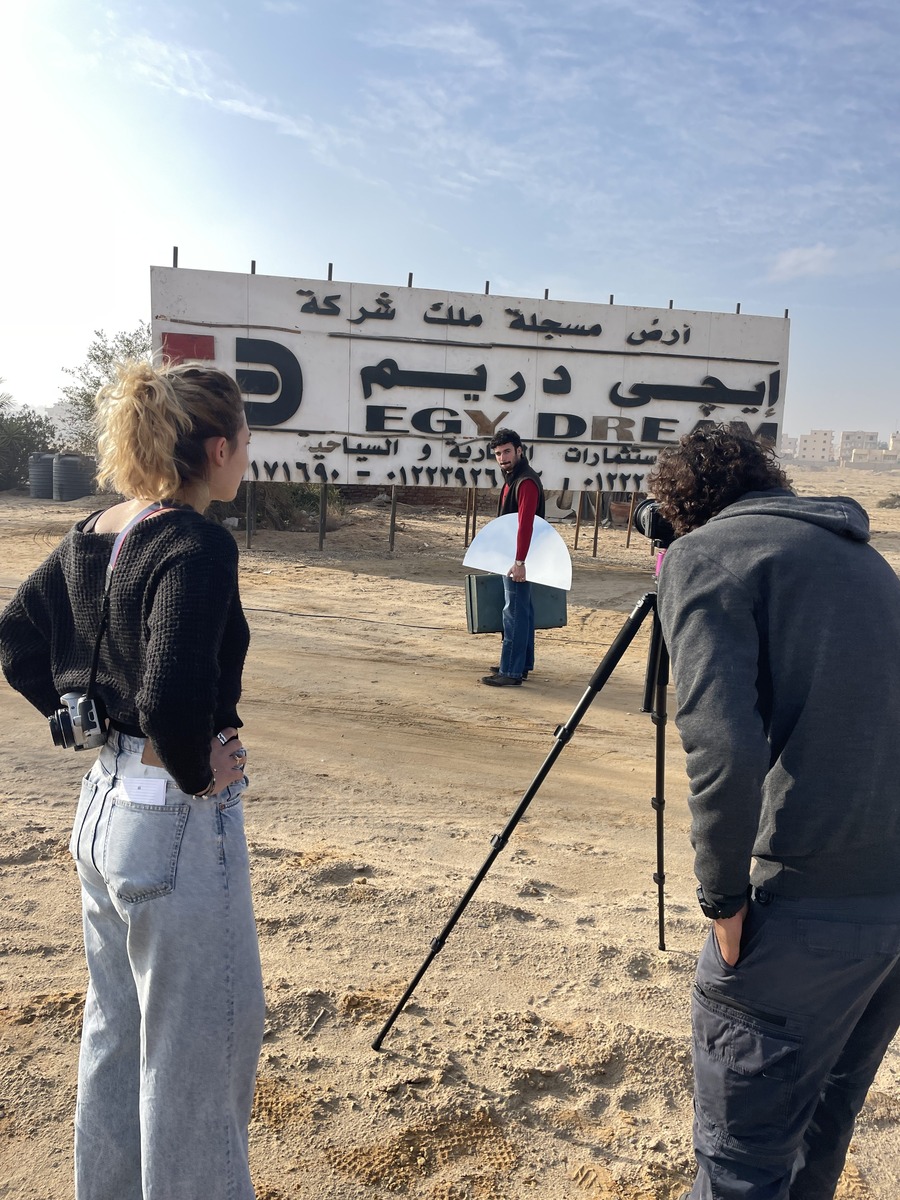
In his hands, the mirror becomes a vessel, just as the word safer does, holding fragments of identity, memory, and self; a symbol of someone still searching for where they began and where they belong.
As he walks through Cairo’s streets in the music video, the mirror holds two truths at once: what it reflects, and what escapes its frame, the inner and outer, and the real and the imagined. At one point, the video cuts to fleeting shots of strangers watching him, with their presence being a reminder that he does not quite belong.
Yet, in the midst of all the noise, the stares, the constant movements and the disorientation, the mirror grounds him and centers his gaze inward, pulling him back to himself. It becomes a space where he begins to reflect, to question, and to search for a sense of identity within the unfamiliar.
“We wanted to show the journey of Hadi’s character arriving in a mysterious new city, where reality blends with his inner world,” the directors explain. “At first, he’s overwhelmed and distant, unwilling to accept his new surroundings. But once he begins to confront the trauma of leaving home, he starts to let the city in.”
As the song unfolds, and his emotions grow more layered, the music begins to evolve, weaving together fusions of Middle Eastern instrumentation and progressive rock. The sound becomes more expansive, drawing the listener into a space of catharsis, and it is here that Birajakli seems to reach a resolve and a moment of inner clarity.
In the video, this shift is shown as he gets a haircut for the first time at a local barbershop. It is a small, everyday act, but it also marks a moment of emotional release, where he begins to adapt, to open himself to the city, and to step into a new version of himself in a place that once felt distant.
But this emotional release was not something Birajakli always felt comfortable sharing. While it is an inherently human experience, it is one that is often overlooked or left unspoken in the broader discourse on migration.
“I’ve always had survivor’s guilt,” Birajakli says. “I used to feel like I shouldn’t talk about what we’ve been through as Syrians because of how privileged I am. I always say this: Egypt is the only country where being a Syrian is a privilege and not a burden.”
Over time, though, his perspective began to shift. He came to see that art holds an even greater urgency today, especially in a region where it remains one of the few ways Arabs can document and preserve their lived experiences.
“I’ve learned that having the privilege to make music, to have the time and resources to express myself, is exactly why I should talk about it,” he adds. “Even when I’m not trying to, I find myself writing about it anyway.”
The longer you sit with the video and the song, the more it reveals itself: what starts as a disoriented, uncertain journey gradually unfolds into something gentle and grounded. Slowly, Birajakli begins to soften, to adapt, and to find a sense of place within the city.
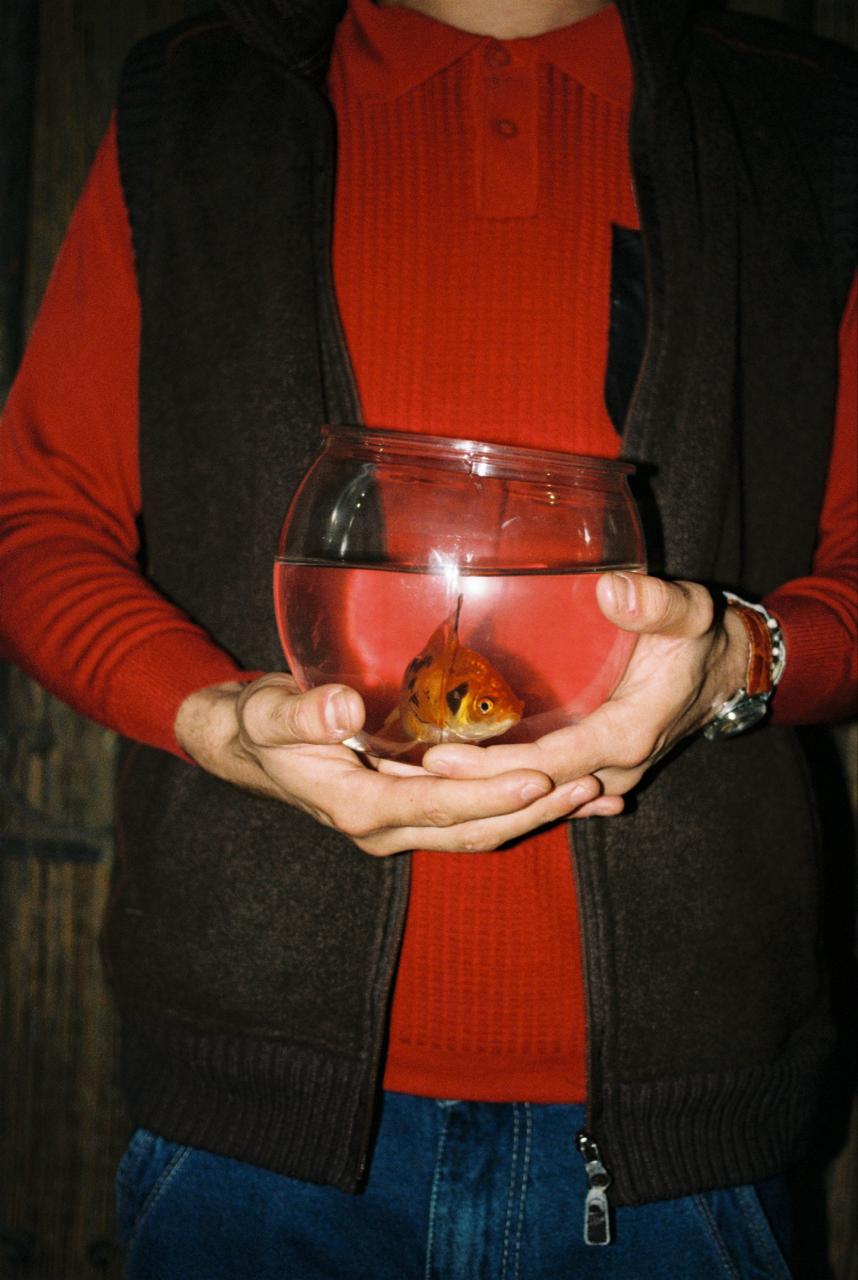
The truth is, the migrant journey never truly ends. Too often, the question we ask is: When will the migrant finally belong? But perhaps the more honest question is: How much space and time are we willing to give them to belong?
And that is what this song reminds us: that adaptation is not a destination, but a slow, unfolding process. There is still so much to learn, to accept, to feel at home with.
In the final scene, Birajakli sits beside an Egyptian man, sharing tea and laughter. Yet, between them rests a small fishbowl, which is a symbol of how far he has come, and of everything still held within.
“The fishbowl represents the feeling of belonging and alienation at the same time,” he explains. “The water is home for the fish, but it’s still trapped in a bowl.”
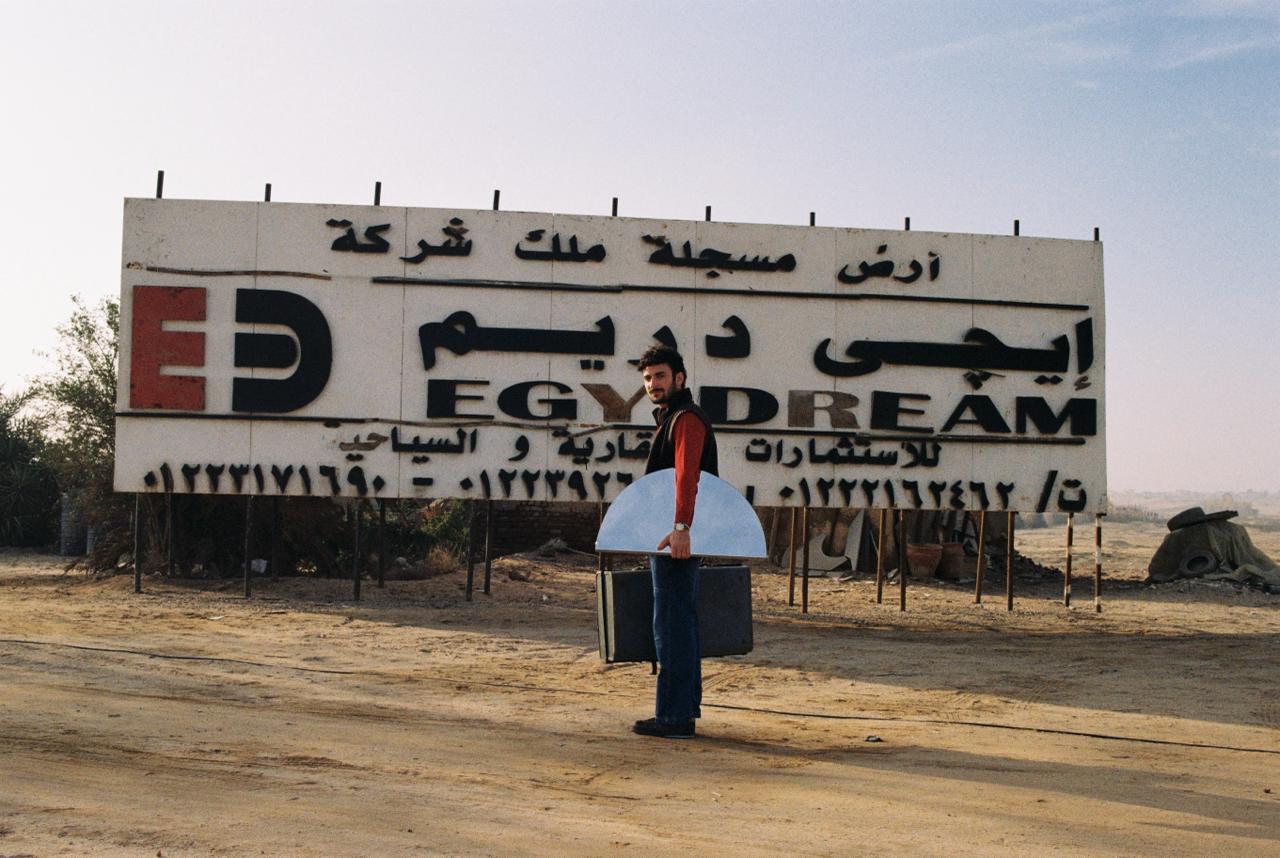



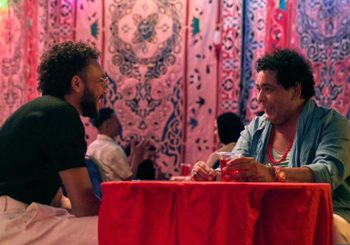
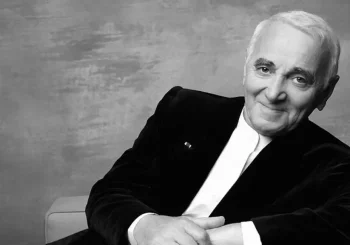
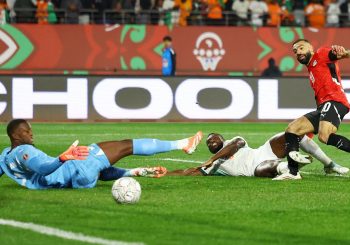
Comments (0)